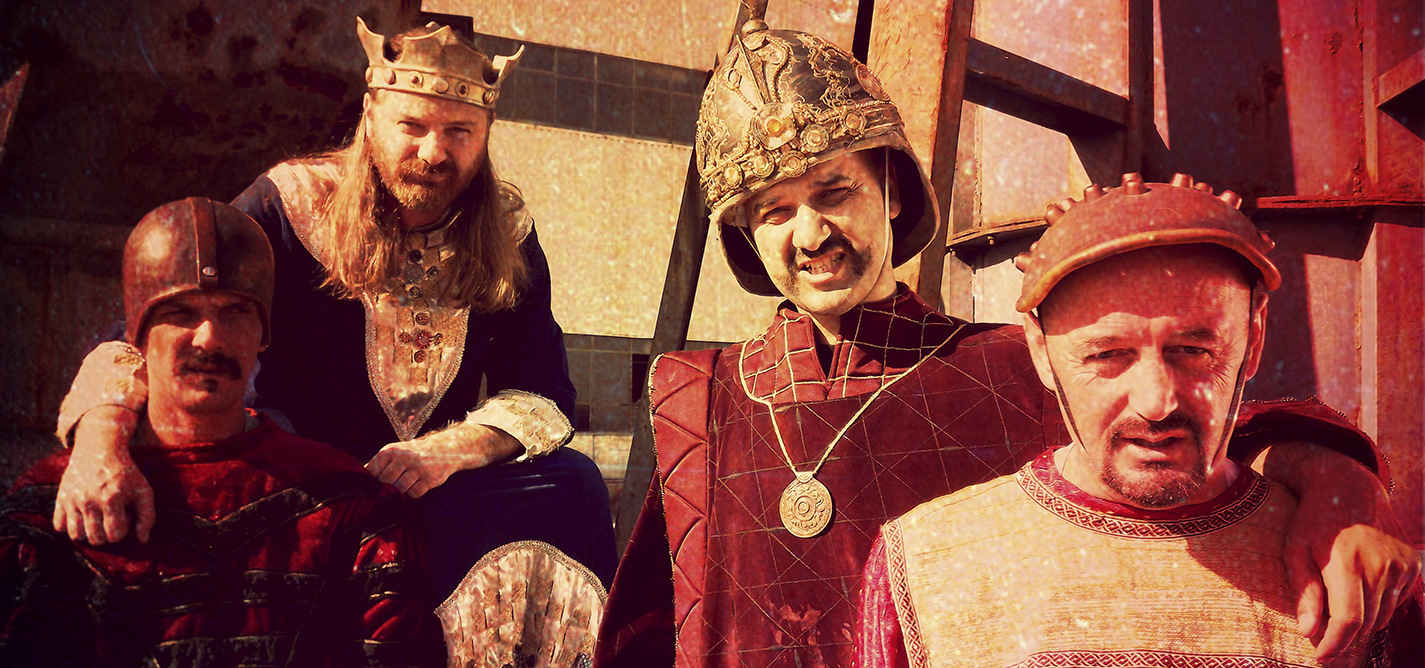
Life in a dislocated reality
How the line between satire and truth became blurred.
|13.03.2019
|
“They say it’s fake news — what else could satire be but fake news?”
Although all these mediums clearly put an emphasis on the fact that what they are concerned with is satire, sometimes the news they publish is taken to be real.
“HRT’s daily news would depict all politicians as serious and highly decorated, the founding fathers of Croatia — in Feral, our president was naked.”
Domagoj Zovak, News Bar“For almost 30 years now we have been adamantly taking the mickey out of the government, the opposition and our society in general — we pay for it.”
Zoran Marković Zonjo, The Books of Knjige
Jelena Prtorić
Jelena Prtorić is a journalist that (mainly) covers South-eastern Europe, she writes for web and print platforms, in Croatian, English, and French. She usually writes about politics, human rights, culture, the environment, and a variety of social topics.
This story was originally written in Serbian.